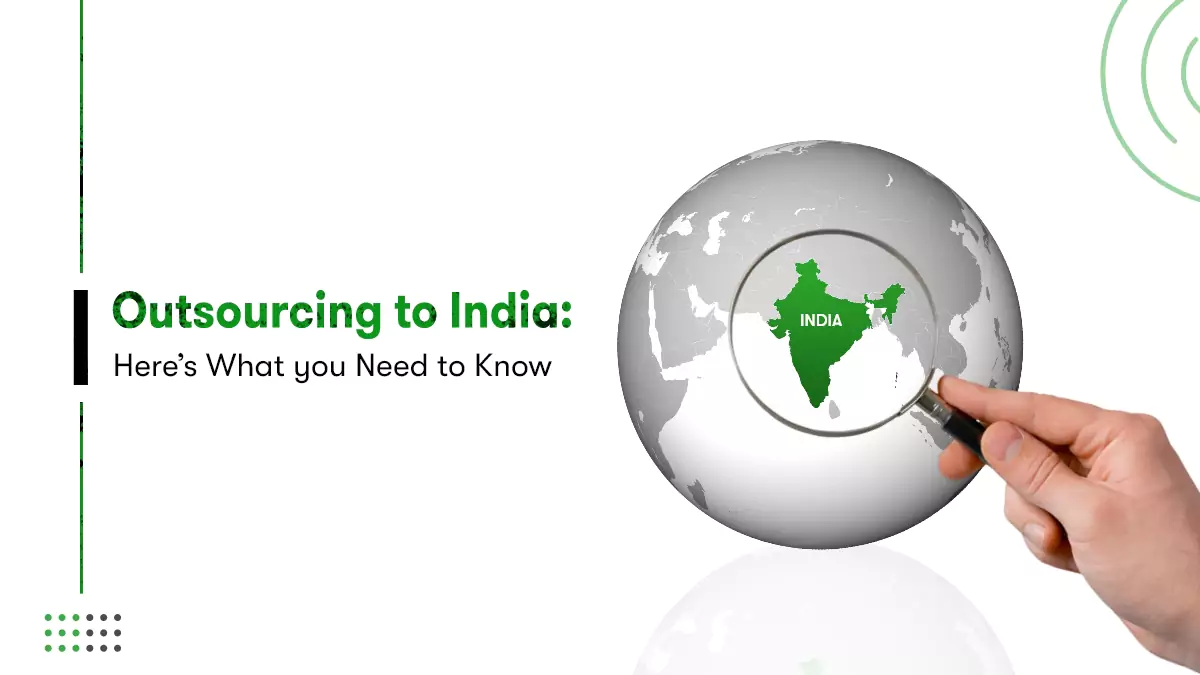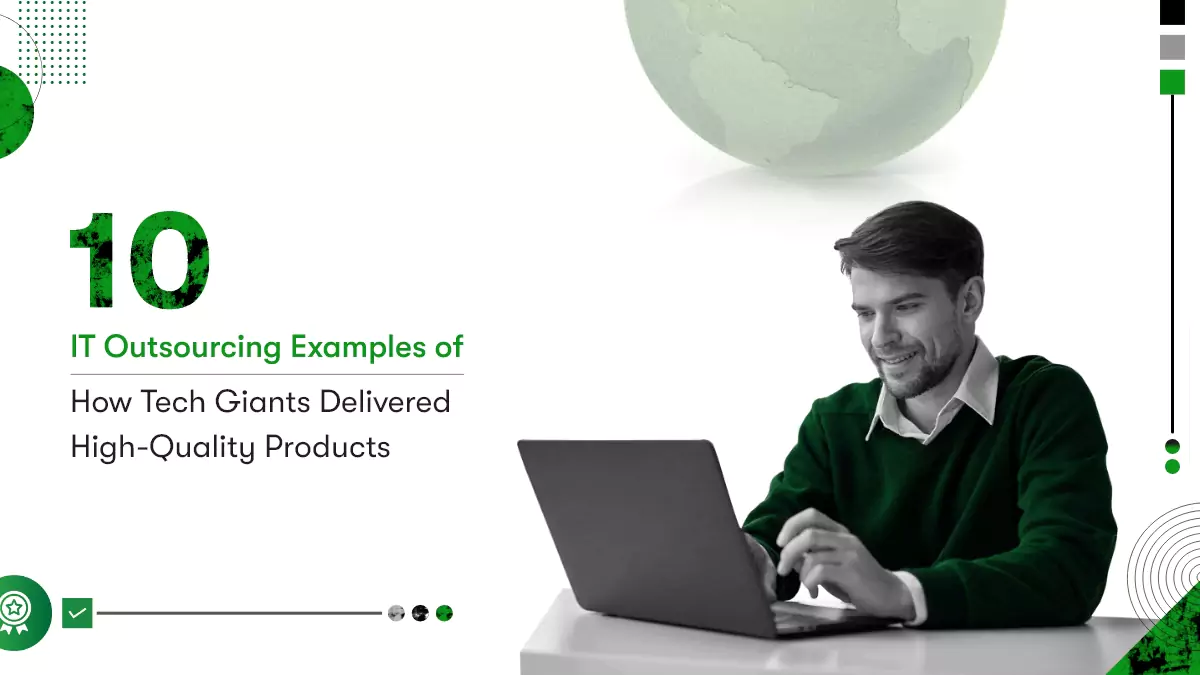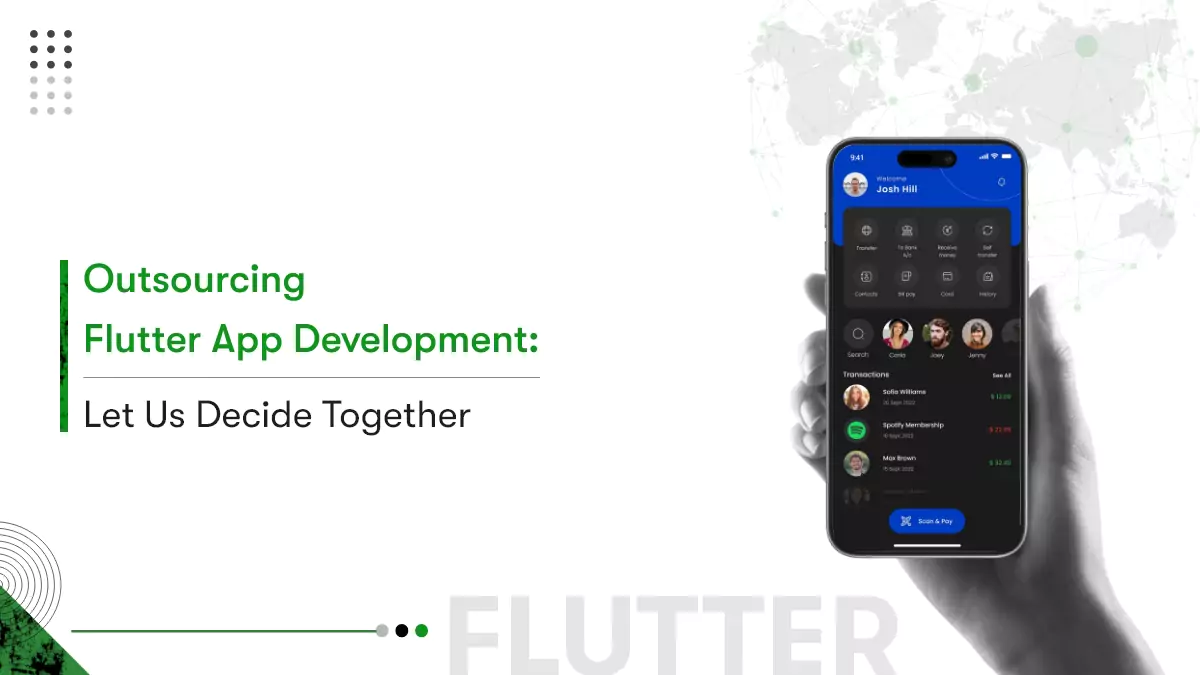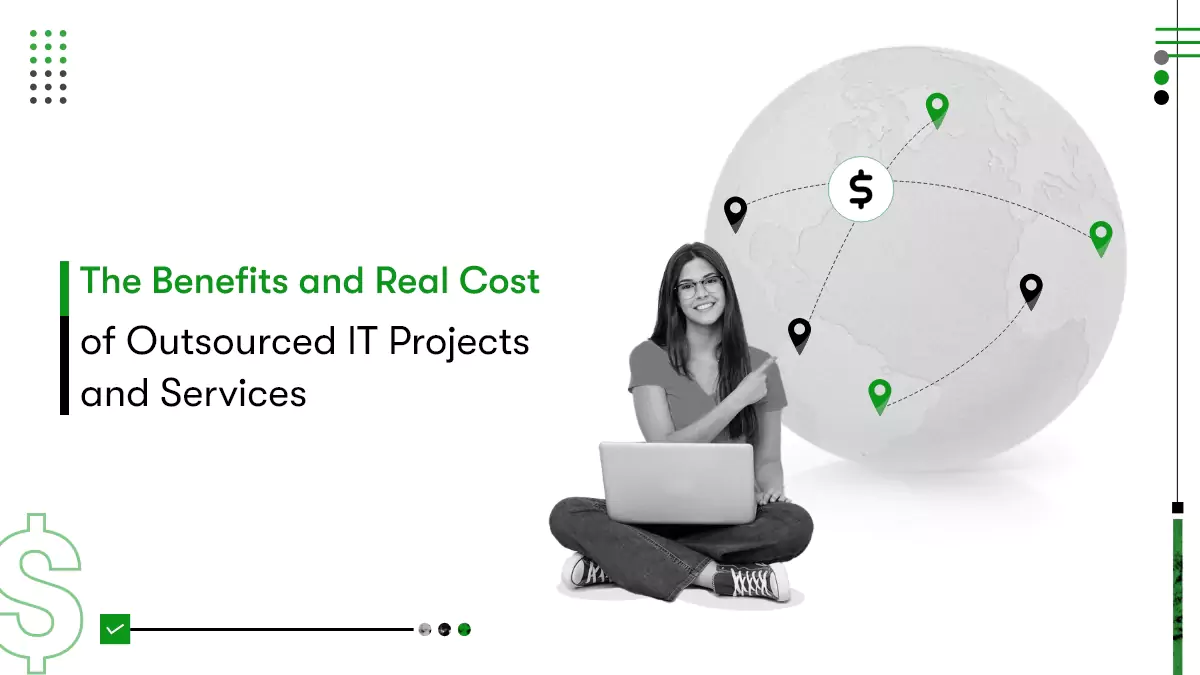Why you want to build a mobile app says a lot about how much time it would take to build your app!
A little paradoxical, right? Let’s simplify it for you.
As the number of mobile device users is on the verge of being equal to the world’s population, rushing to build mobile apps has become second nature for every business person. However, all businesses have different reasons for opting for mobile app development.
To reach a wider audience, enter a new market, build brand recognition, streamline business operations, or digital transformation, we hear unique answers when we ask them. But how does it affect the time to make an app?
See, your purpose behind mobile app development helps define the features and functionality of the app. The features and functionalities help evaluate whether you need a complex app with a sophisticated design. And the level of your project complexity dominates the development time to a significant extent.
But wait! Even though the time to develop an app hinges on the app’s complexity, it’s not the only factor.
There is a set of factors that affect the mobile app development time. We will explore them ahead in the blog, followed by an analysis of the average time to make an app based on the development timeline.
What is the Average time to build an app based on Mobile App Development Timeline?
The mobile app development process can be divided into several phases to estimate the project timeline. So, let us check out each phase and the expected time to accomplish it.
Pre-development Phase: How long does it take to prepare for Development?
Before the actual development begins, there are a few activities to perform in order to validate the decision: if investing in the app development is the right solution for your needs.
You can call this stage a warm-up or pre-development phase. Basically, your research and study your app idea inside out during this phase with a team of R&D experts. This phase involves ideation, market research, and product strategy.
Ideation is where your app concept takes shape, market research helps identify your target audience, and product strategy defines an efficient product development plan. Let’s see how much this phase takes.
| Activity | Estimated Time |
| Ideation | 1 week |
| Market Research | 3 to 5 Weeks |
| Product Strategy | 2 to 3 Weeks |
On average, the pre-development phase can take anywhere from a few weeks to a couple of months, depending on your idea’s complexity and the research depth required.
How much time does the app Prototyping take?
After market research and validating your idea, you want to start giving it shape with visualization tactics. Wireframing and Prototyping are the best practices for visualizing your app idea. You create a skeleton of your app screens, functionalities, features, and overall layout through wireframing.
Prototyping, on the other hand, allows you to design the click-through version of your app. This is how you analyze if your navigation architecture makes sense. Furthermore, wireframing and prototyping also streamline the designing phase. Let’s see how long it takes to perform both visualization practices.
| Activity | Estimated Time |
| Wireframing | 1 week |
| Prototyping | 1 to 2 weeks |
How long does it take Design an app?
The prototype is an integral part of your project documents. However, in the designing phase, you create a complete look and feel, refine user flow, and optimize your app’s business logic. Besides, you might want to research and integrate design trends to make your app stand out in the crowd.
Not to mention, to tailor your app’s UI/UX design per your user’s taste, you will need to create buyer personas. All things considered, the designing phase may take 2 to 3 months.
How long does it take to code and develop an app?
This might be the most comprehensive phase in the entire mobile app development timeline. All the research and practices you have performed so far will pay off. All you will need is the right blend of the technology stack and to hire experienced mobile app developers.
The question “How much does it cost to hire app developers?” must have crossed your mind, right? Don’t worry. Just check out this post to understand everything about the hiring cost.
Speaking of time to develop an app, it can be categorized into three common tasks. Because writing code is not the only thing required to create an app. So, let’s see how much time this phase takes.
| Activity | Estimated Time |
| Front-end development | 2 to 8 weeks |
| Back-end development | 3 to 9 weeks |
| API Integrations | 1 to 2 weeks |
Noteworthy, the development time of an app heavily depends on the type of the app. For example, a social media app would take longer to develop than developing a delivery app.
Therefore, you must consult with an expert who is well-versed in various industries, especially yours, to get an accurate estimation.
How long does Quality Assurance take?
Once the development phase is over, another crucial stage takes place. This is when you need to test your app from every possible angle to ensure the highest performance and zero bugs. However, there are two types of quality testing you may need to perform. Let us look into the time it takes to test your app.
| Type of Test | Estimated Time |
| Manual Testing | 2 to 4 weeks |
| Automated Testing | 1 to 2 weeks |
How long may it take to Deploy your app successfully?
Once your app has passed through testing and quality assurance, it’s time to deploy it to the respective app stores. Deployment involves submitting your app to platforms like Google Play Store or Apple App Store, following their guidelines and requirements.
However, the store may take some days to approve your app deployment request, analyzing whether it complies with its policies. Let’s check out how long it might take to publish your app.
| App Store | Estimated Time |
| Google Play | 3 to 6 days |
| Apple Store | 2 to 15 days |

Factors affecting app development time
Every stage of the mobile app development lifecycle requires separate time and attention. One phase might be faster, while the other may take longer than usual. If you ask a professional, they say it depends on your project requirements.
If your mind is reluctant to digest, the last line of the above paragraph says your attention to detail is appreciated. Because we talked about factors at the beginning that affect the development time.
So, without further ado, let’s get you acquainted with how to manipulate factors that manipulate the cost and time to make an app.
The complexity of the App:
The complexity of the app plays a great role in the development time– sounds cliche! But how do you measure if your app is complex or not? Let us compare three levels of complexity with feature examples and approximate development time.
| Complexity | Features | Development Time | Example |
| Simple | Splash screen Basic UI/UX design Simple app flow Social media login integration | 2 to 4 months | Countdown App Calculator App To-do List App |
| Moderately Complex | Custom UI/UX design User profiles In-app purchases Location services Payment integration Push notifications | 3 to 6 months | eCommerce App Appointment Booking App |
| Highly Complex | Advanced UI/UX design Complex database integration Machine learning or AI features Third-party API integration Real-time chat features AR/VR technology. | 6 to 12+ months | Banking App Telehealth App Social Media App |
Note that these are only general estimates, and the development time may vary based on various factors, such as team size, project scope, project requirements, and development methodology.

Platform Selection:
The platform is where you are going to launch your app, making it available for the audience on that platform. Android and iOS are the two most famous and widely used platforms that nearly all businesses prefer to have their apps available on.
Let’s see how much difference there is when it comes to time to make an app for a particular platform.
How long does it take to make an Android app?
You use Java or Kotlin technology provided by Google to build Android apps. And the development time for an Android app can range from 2 to 9+ months, depending on the desired features and complexity. Unique considerations include compatibility with multiple devices, integration with Google services, and meeting platform-specific design guidelines.
How long does it take to make an iOS app?
To create an iOS app, you want to use Objective-C or Swift, introduced by Apple Inc. Regarding the development time, an iOS app usually takes from 2 to 8+ months, depending on the same factors as Android. Specific considerations for iOS development may include ensuring compatibility with Apple devices, complying with iOS design guidelines, and integration with Apple’s services.
How long does it take to make a Flutter app?
Flutter is not a platform for launching your app but a cross-platform SDK and UI framework. It allows you to build an app for iOS and Android simultaneously. It will enable you to write a codebase that you can use to create apps for multiple platforms.
So, with Flutter development, you can get your app ready in 2 to 9+ months and able to publish it on the Apple Store and Google Play concurrently.
Team Size and Expertise:
Team size and level of expertise directly impact the development time of an app. A larger team with diverse skill sets can divide the workload and work simultaneously on different aspects of the project, accelerating the development process.
Additionally, experienced professionals well-versed in app development can work more efficiently, making informed decisions and avoiding potential pitfalls, thus reducing the overall development time.
To further expedite the app development process and achieve faster time to market, outsourcing the project to a reputable app development company can be a viable option. Outsourcing allows you to leverage the expertise and resources of a dedicated team specializing in app development. They also offer IT Staff Augmentation services to scale your existing team.
Since they have streamlined processes and efficient workflows in place, they can deliver high-quality apps within shorter timeframes. You can significantly reduce development time by entrusting your project to a reliable outsourcing partner. Furthermore, it enables you to bring your app to market faster while ensuring a top-notch end product.

Actionable Tips to Accelerate Your App Development Time
You now know how the mobile app development timeline and factors together influence the time to build an app dramatically. Let us see how you can optimize development time.
Define Clear Project Requirements
You see, mobile app development is a continuous process. Any changes occurring in the middle of the process disturb the following phases, slowing down the entire development speed. Hence, you must take significant time to document every nitty-gritty requirement beforehand. The more explicit the project requirements are, the faster time-to-market of the app will be.
Develop an MVP
Do Not have enough time to create a full-fledged mobile app? Go with the MVP development and test the market faster or attract stakeholders/investors! The Minimum Viable Product is basically the first version of your app with essential features.
You identify and prioritize the core features that are essential for your app’s functionality. By focusing on must-have features initially, you launch a functional version of your app sooner. Later, you can develop and roll out new features based on the market response and scale up the app.
Opt for Cross-platform Solution
Another way to speed up your development time is by choosing cross-platform technology like Flutter. As discussed earlier, you can develop Android and iOS apps in one go, saving time equal to developing a complete application.
Consider Outsourcing
If you have time constraints or lack in-house expertise, consider outsourcing the app development to a reputable and experienced company. Outsourcing allows you to leverage specialized skills, access a larger talent pool, and benefit from established processes, potentially reducing development time significantly.
Parting words
Estimating your app development time in advance has its advantages. For example, you can optimize the time and, thereby, the cost. Given the app development cost is relative to the development time. We have also discussed how to estimate the cost of developing a mobile app in detail in this post.
However, if you are not able to figure out the app development factors, do not hesitate to ask our expert. We can also help you with a cost estimation based on your unique requirements.












 Contact Information
Contact Information